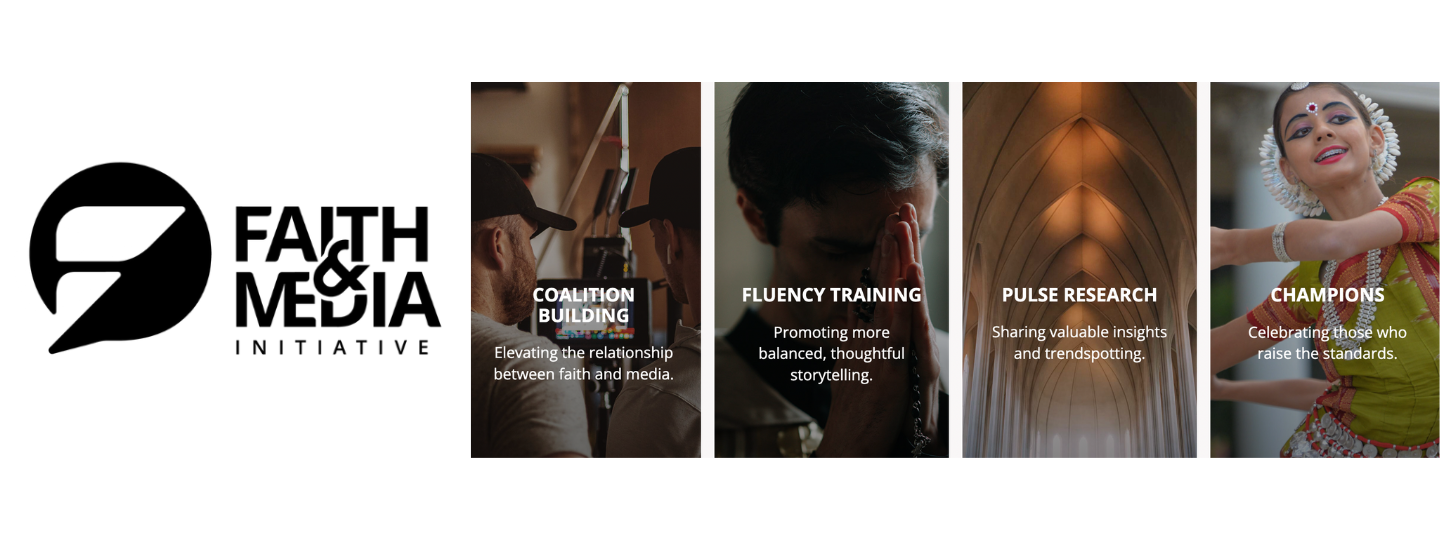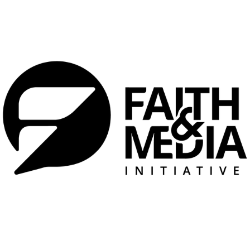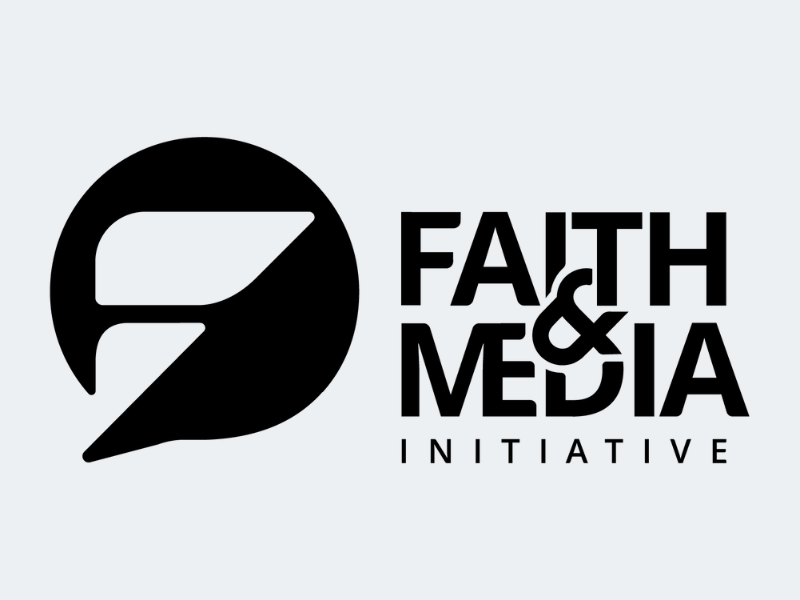In September 2022, the Faith and Media Initiative officially launched on the sidelines of this year’s U.N. General Assembly at the Concordia Annual Summit in New York City. This global coalition convened a worldwide dialogue among faith and media leaders, dedicated to improving collaboration and understanding between the faith and media sectors to reduce stereotypes, sensationalism and polarization.
Download Faith & Media Study
The coalition unveiled first-of-its-kind data from HarrisX through its Global Faith and Media Index, based on surveys with thousands of people in countries across the world, which reveals a worldwide deficit in the coverage, treatment and quality of understanding of faith and religion in modern society.
The survey found that a majority of respondents (56%) globally want more coverage of complex religious issues. Some of the findings of the study were:
- There is universal agreement among journalists that coverage about faith & religion has become more marginalized due to a set of newsroom dynamics
- Consistent themes: the newsroom environment is skewed against coverage of faith and religion
- Consistent themes: religious and faith-based content is better engaged with through a human, cultural and ‘lifestyle’ lens
- Consistent themes: the ambition to explore faith-based topics is hindered by news media's current success metrics and a lack of diversity in the newsroom
- Around 1 in 3 global respondents follow media sources focused on faith-based news; number increases to 47% in highly faithful/religious countries
- 63% say there is need for high quality content on faith and religion
- There is strong agreement that the news media needs to cover a diverse set of faith and religious perspectives or content
- 56% say they are more likely to engage with a publication with high-quality faith and religious reporting
- 56% of respondents want more coverage of complex religious issues, showing that a robust market exists for in-depth coverage of religion among the world's media orgs
- 53% of respondents believe the media actively ignores religion rather than appropriately addressing it
- 43% feel that the media’s current approach to faith and religious coverage creates unease and anxiety, even more so among secular nations
- There is a strong perception that the media perpetuates faith-based stereotypes, with similar findings across secular, middle of the way, and highly faithful/religious groups
- Majority think that religious stereotypes should get the same or more attention as race and gender stereotypes
- Most perpetuated stereotypes: most religions are against homosexuality; abuse children; promote radicalism; hinder women
- 84% say faith and religious groups need to provide the media with relevant spokespeople, particularly representatives with lived experience
FAMI in the News
The AFRO: How BIPOC media and faith leaders can make change together
Global Faith & Media Study
The Faith & Media Initiative released a groundbreaking study of attitudes and perceptions regarding faith and religion in the media.
The coalition unveiled first-of-its-kind data from HarrisX through its Global Faith and Media Index, based on surveys with thousands of people in countries across the world, which reveals a worldwide deficit in the coverage, treatment and quality of understanding of faith and religion in modern society.
Dedicated to improving collaboration and understanding between faith and media organizations, so that both may do more good in the world.
84% of humankind identifies with a religion* – it’s a deep part of our identities and worldviews. Yet most stories about faith are negative, sensational or divisive.
Our initiative brings together faith leaders, media members and content creators around shared interests, helping them create, collaborate and reach larger audiences. Joining forces, we can do more to heal divisions and promote understanding, inspire more balanced faith stories, and foster a healthy conversation about spirituality.
The largest-ever Global Faith and Media Study is launched today, looking at the portrayal of faith and religion in the media. It reveals a strong demand across the world for more news media coverage on faith, despite the reality that journalists and editors admit coverage of the topics is rarely encouraged in newsrooms.The study captures the views of 9,000 global citizens as well as journalists and editors in 18 countries covering the world's major religions. The research was commissioned by the...Read More




0 Comments